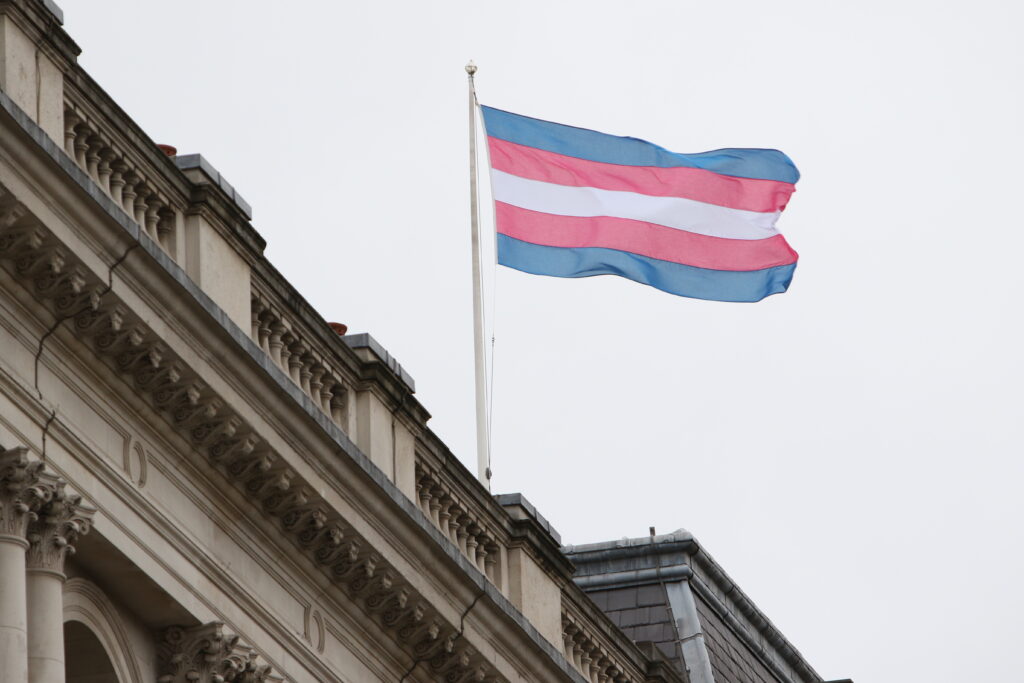The Hong Kong government on Tuesday revised its policy on sexual entry using Hong Kong ID cards. After the amendment, individuals who have not completed full gender reassignment surgery will be able to apply to change the gender marker on their identity card.
Preoperative transgender individuals can still apply for a revision if they have completed surgical treatment, such as a mastectomy or removal of their penis or testicles. The individual must also make a statutory declaration confirming that she has gender dysphoria, has lived as the opposite sex for at least two years prior to her application, and will continue to live as the opposite sex for the rest of her life. Additionally, individuals must have been on hormone therapy for two years before applying, confirm that they will continue to receive hormone therapy, and submit a blood test report as requested by the Immigration Commissioner.
The government reiterated that changing the gender mark on Hong Kong ID cards does not legally represent the gender of the holder. Nor does it affect the treatment of other gender-related matters under other government policies or laws.
The Hong Kong government previously required transgender individuals to undergo complete gender reassignment surgery in order to apply for correction of the gender marker on their Hong Kong ID card. In February 2023, Hong Kong's Court of Final Appeal ruled that this requirement was unconstitutional. The court found that requiring transgender people to undergo surgical intervention, the most invasive treatment for gender dysphoria, goes too far because it may be medically unnecessary. The court therefore asked the government to present more convincing reasons to support this policy. As a result, the court also held that complete gender reassignment surgery is not the only viable, objective, and verifiable standard for determining gender marker change applications.
International human rights experts devised the Yogyakarta Principles in 2006. Principle 3 provides for the right to recognition before the law. Specifically, it states:[E]Each person's self-defined sexual orientation and gender identity is integral to that person's personhood and is one of the most fundamental aspects of self-determination, dignity, and freedom. ” Principle 3 also states that receiving medical treatment should not be a requirement for legal recognition of people's gender identity.
Legal gender recognition requirements vary by country. South American countries such as Argentina, Brazil, Uruguay, Colombia and Ecuador already provide for legal gender recognition through self-determination. The revised policy adopted by Hong Kong is similar to the UK's Gender Recognition Act 2004, except for the additional requirement that certain surgical treatments be completed.


